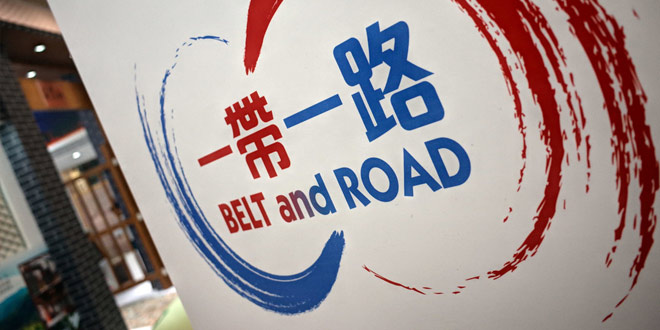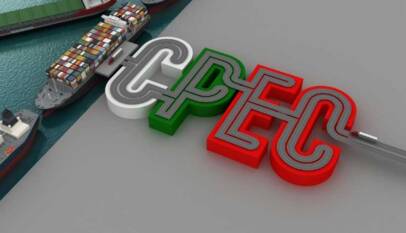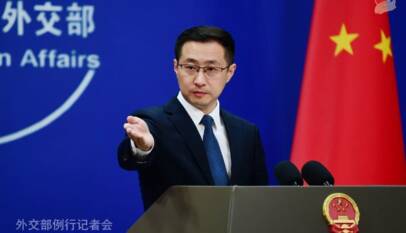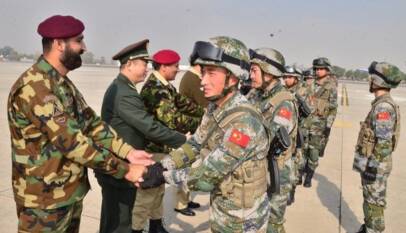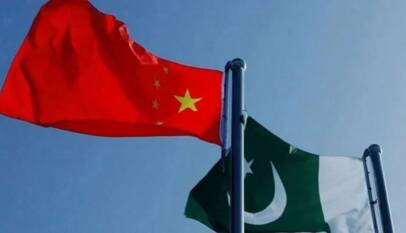Modern China Owes Its Development and Progress to Leaders from Chairman Mao to President Xi
The success of modern China lies in the efforts and struggle of four Chinese leaders. Mao Zedong, without any doubt, is the first to be credited for laying the foundation of Modern China. The real economic progress is the brainchild of Deng Xiaoping for introducing Special Economic Zones (SEZs) and Free Trade Zones (FTZs) through the Economic Reforms in 1978. This model of growth became so successful that now there are 300 such zones in China, and China grew at a rate of 9.5% annually. Now countries around the globe are building SEZs to attract investment. Next visionary leadership, Chinese people had was that of Zhou Enlai who served as a diplomat, foreign minister and first Prime Minister of China. He rebuilt the global stature of China diplomatically, besides, peacefully signing boundary agreement with Pakistan. Lastly, in the 21st century, China was blessed with the leadership of Xi Jinping who presented the vision of Belt and Road and Asian Infrastructure Investment Bank (AIIB), putting China on the centre stage of world politics. Both of these ideas were launched in 2013 and 2016, respectively and caught world attention. There are more than 74 member countries of AIIB. BRI will connect more than a hundred countries to build a common route for trade.
Though China was on the global map since more than five thousand years, but the foundation of modern China was laid down under the Chairmanship of Mao Zedong on 1st October 1949. Mao Zedong was a legendary character who has changed the history of China. After the death of Mao Zedong, Deng Xiaoping took over the charge. He was leader with a gift of high intellect. Mr. Deng was not only an accomplished political leader but he possessed the economic acumen to go with his brilliant idea of his Open Door Policy.
Since the launch of economic reforms in 1978, China has become one of the world’s fastest growing economies. The economy had grown at an astounding rate of 9.5 percent per annum. Despite several world economic melt downs, China still managed to post a notable growth rate. Deng Xiaoping was the mastermind behind the economic reforms. He started economic reforms, created special economic zones (SEZ’s), free trade zones (FTZ’s), brought investors from Hong Kong, Macao, Taiwan and other countries.
Chinese experience with SEZ’s and FTZ’s has largely been successful. That is why today, there are more than 300 such zones in China. Following the footsteps of China, many nations have established similar economic zones in their countries.
Along with Deng Xiaoping, there was another leader who played an important role in the early development of China, his name was Zhou Enlia. Mr. Zhou was the first Prime Minister of China. By profession, he was a diplomat at par. He also served as Chinese foreign minister. Thanks to his diplomacy and wisdom, he resolved the border issue with Pakistan amicably-setting an example that all types of issues can be resolved through dialogue. Premier Zhou has played vital role in connecting China with rest of the world.
At the age of 70, China is at its critical stage. It has to achieve the status of high-income country, eradicate poverty and hunger, create enough jobs for its youth and achieve sustainable growth. To this endeavor China needs to formulate prudent policies that help to achieve its targets
The development of modern China is chiefly attributed to its sincere leadership. To the end, China is very fortunate to have great leaders. Among those leaders, current Chinese President Xi Jinping is one the visionary leaders. Mr. Xi not only understands the real dynamics of changing world, but he is also fully aware about the political and economic challenges that world today is confronted with. To address these issues, President Xi Jinping has come up with his genius plans- The Belt & Road Initiate (BRI) and The Asian Infrastructure Investment Bank (AIIB). As some experts assert, the BRI probably is one of the biggest projects of twenty first century. The BRI was initiated in 2013 and its main objectives are to promote global economy, creating new trading routes, establishment of infrastructure, connecting China with over 100 countries by roads, railway, airways and by sea. According to some analysts, BRI is not only beneficial to China but also very instrumental for the development of infrastructure in developing countries and promotion of the global economy.
Alike BRI, the AIIB is also major project originally envisioned by the current Chinese president. The AIIB was established in 2016 and it’s headquarter is in Beijing. Currently it has 74 member countries. Several other potential countries are in the process of acquiring the membership of the AIIB.
At the age of 70, China is at its critical stage. It has to achieve the status of high- income country, eradicate poverty and hunger, create enough jobs for its youth and achieve sustainable growth. To this endeavour China needs to formulate prudent policies that help to achieve its targets.
In global affairs, China has already played its due role and is further willing to contribute for the development of world economy and promotion of peace in the comity of nations. But that is only possible when other countries also coordinate with China in tackling the pressing issues-ranging from terrorism, global warming, poverty alleviation, settling trade disputes, cyber-crime and frequent economic shocks. Together with China, we can make this world more safe, prosperous, beautiful and worth living.
The writer is Professor of Economics and Director of Belt and Road Research Centre at School of Economics and Management, Yancheng Institute of Technology, China. He can be reached at hashmi@ycit.edu.cn
Chinese Ambassador highlights significance of Third Plenary Session for China-Pakistan cooperation
The Third Plenary Session of the 20th Central Committee of the Communist Party of China ha…



